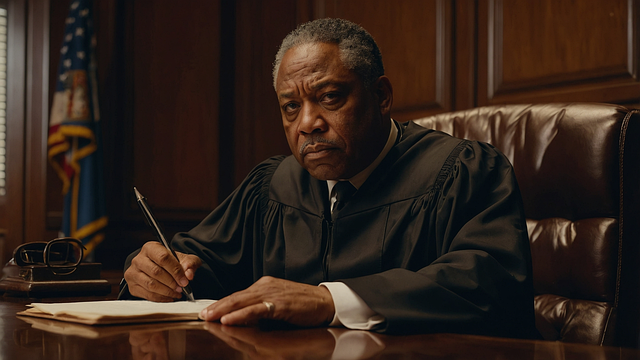Healthcare Law Firms specialize in appealing criminal sentence decisions, especially for white-collar offenses. They offer expert advocacy and case reviews, leveraging knowledge of healthcare, criminal procedure, and appeals processes to identify legal errors, construct compelling arguments, and provide robust defenses. Understanding appeal options is crucial for achieving justice, involving meticulous case review, strategic legal arguments, and use of evidence and precedents to enhance favorable outcomes.
In the intricate landscape of healthcare, legal complexities abound, especially in criminal sentencing cases. Healthcare Law Firms play a pivotal role in navigating these challenges, offering specialized expertise that bridges the gap between medical and legal domains. This article delves into two critical aspects: understanding the appeals process for legal professionals and exploring effective strategies to challenge criminal sentence decisions. By examining these components, we aim to equip readers with valuable insights into navigating the intricate world of healthcare law, specifically focusing on appealing a criminal sentence decision.
- Understanding Healthcare Law Firms' Role in Legal Appeals
- Navigating Criminal Sentencing Decisions: Rights and Representations
- Strategies for Successfully Appealing a Criminal Sentence
Understanding Healthcare Law Firms' Role in Legal Appeals

Healthcare Law Firms play a pivotal role in navigating complex legal appeals, particularly in the realm of criminal justice. When an individual is convicted and seeks to challenge their sentence or decision, these specialized firms step in as advocates, ensuring fair representation and a thorough review of the case. Their expertise extends beyond the intricacies of healthcare law to encompass extensive knowledge of criminal procedure and appeals processes.
In the context of appealing a criminal sentence decision, especially in cases involving white-collar offenses, their unprecedented track record of success is notable. They meticulously examine evidence, identify potential legal errors or misapplications of laws, and construct compelling arguments on behalf of clients. This process demands a deep understanding not only of general criminal defense strategies but also the unique challenges posed by healthcare-related legal issues, ensuring a robust defense for those facing such charges.
Navigating Criminal Sentencing Decisions: Rights and Representations

Navigating Criminal Sentencing Decisions involves a complex interplay of rights and representations for individuals facing high-stakes cases, particularly in white collar defense scenarios. When a defendant is convicted and handed down a sentence, they have the right to appeal, challenging the legality or fairness of their sentencing decision. This process requires meticulous attention to detail and a deep understanding of the law.
Effective representation during an appeal involves scrutinizing every aspect of the trial and sentencing proceedings. Lawyers specializing in criminal defense employ various strategies, including arguing procedural errors, challenging evidentiary rulings, and presenting new mitigating factors that may have been overlooked. The goal is not only to avoid indictment but also to secure a reduced sentence or, in some cases, a complete reversal, ensuring clients receive just and proportionate justice.
Strategies for Successfully Appealing a Criminal Sentence

When facing a criminal sentence, knowing your options for appeal is crucial. A well-planned and executed appeal strategy can significantly alter the outcome, offering a chance to overturn an unfair decision. The first step involves thoroughly reviewing the case, ensuring all legal grounds for appeal are identified. This includes examining the evidence presented during all stages of the investigative and enforcement process, looking for any procedural errors or inconsistencies that may have influenced the verdict.
Effective appeals often require robust legal arguments supported by relevant case law. Presenting a compelling narrative that challenges the original decision, especially in cases involving complex legal issues or public interest, can sway judges. While jury trials remain a pivotal aspect of the appeal process, successful appeals are not solely dependent on them. Strategic use of expert witnesses, new evidence, and legal precedents can enhance the chances of a favorable outcome, ultimately ensuring justice is served in the respective business.
Healthcare law firms play a pivotal role in navigating complex legal landscapes, particularly when it comes to appealing a criminal sentence decision. By understanding their multifaceted responsibilities, individuals can ensure they receive robust representation during appeals processes. Armed with knowledge of rights and strategic approaches, such as employing compelling arguments based on case precedents, experts in these firms guide clients through the intricate criminal sentencing review process, ultimately advocating for fair outcomes.






